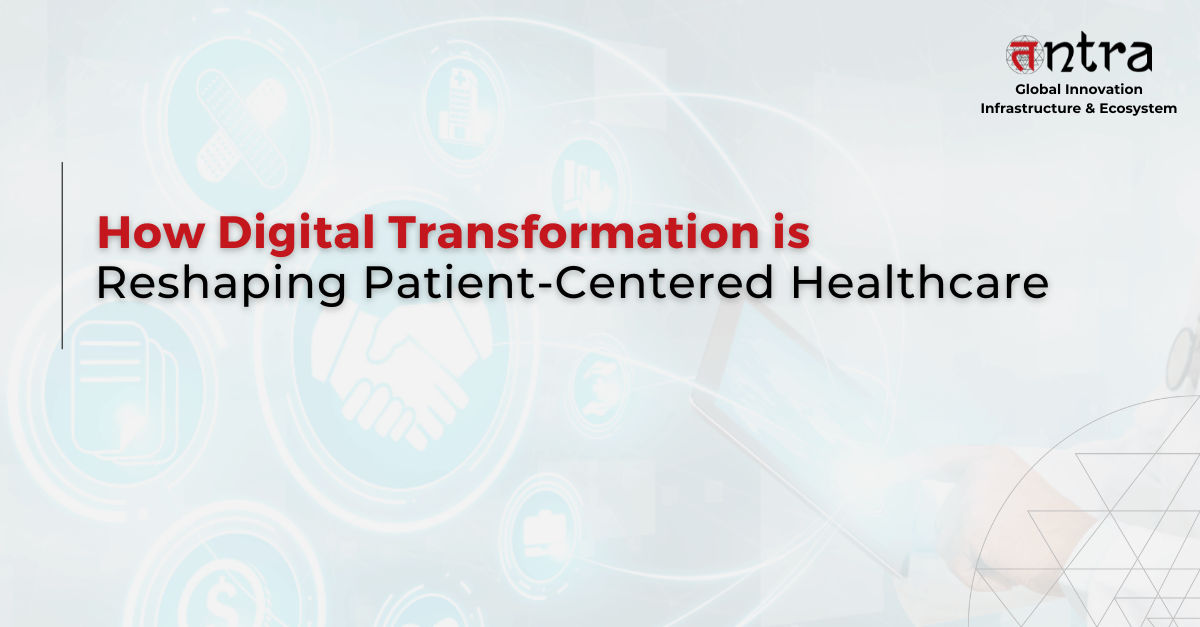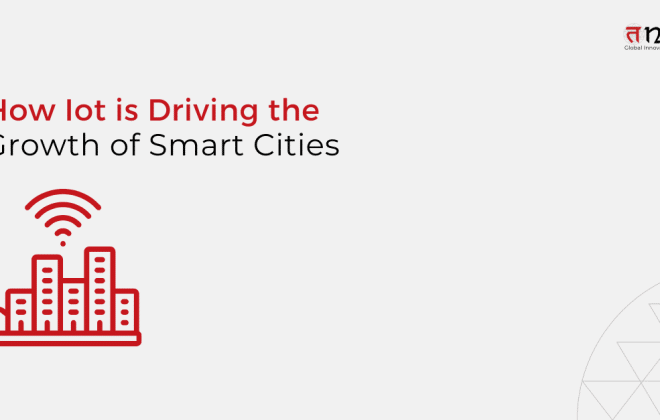
How Digital Transformation is Reshaping Patient-Centered Healthcare
Table of Contents
ToggleThe rise of digital transformation in healthcare is significantly reshaping patient-centered care, offering personalized, efficient, and accessible healthcare solutions. Innovations such as IoT healthcare solutions, telemedicine, wearable devices, and AI-driven insights are improving patient outcomes and enhancing the overall experience. Healthcare app development companies are creating customized solutions that empower patients to track their health, communicate with providers, and manage their care remotely, making healthcare more connected, efficient, and tailored to individual needs. Continue reading to learn more.
A blood test created by the cancer detection business Grail can identify more than 50 cancer types early on, when they are most amenable to treatment. The test developed by the business analyzes DNA fragments known as circulating tumor DNA (ctDNA) that are present in the bloodstream using machine learning. Although Grail’s test is still in its infancy, it has the potential to revolutionize the way cancer is detected and treated.
Tempus is a data-driven precision medicine business that assists physicians in making better choices for their cancer patients. To find novel trends and insights, the company’s platform gathers and examines clinical and genomic data from millions of patients. Each patient’s unique treatment plan is then created using this data. Clinicians at more than 800 cancer centers use the platform.
Hospitals and clinics can access telemedicine services and other healthcare solutions through Meddo, a digital healthcare platform. Numerous features are available on the company’s platform, such as e-pharmacy services, patient record management, and online doctor consultations. In India, more than 1,000 clinics and hospitals use the Meddo platform.
Patients can connect with physicians and other healthcare providers using Practo, a digital healthcare platform. Among the many services provided by the company’s platform are online doctor consultations, appointment scheduling, and medical record management. Practo serves more than 100 million patients annually and has 20,000 clinics and more than 150,000 clinicians on its network.
(Source: Indus NET)
Digital Transformation in Healthcare: Upward and Onward
In 2022, the healthcare digital transformation market was estimated to be worth USD 165.9 billion. The healthcare market’s digital transformation is expected to increase at a compound annual growth rate (CAGR) of 32.40% from 2024 to 2032, from USD 219.6 billion in 2023 to USD 1183.2 billion by 2030.
By 2024, digital health will be used by more than 1.3 billion individuals. This covers the usage of smartwatches and fitness trackers, online consultations with doctors, and any other digital care and treatment.
How Patient-Centric Care Benefits from Digital Transformation
Digital transformation is a huge change in the healthcare industry. In addition to changing how healthcare service providers deliver services, new technologies are being developed to empower patients to take control of their health. Increasingly, patient-centered healthcare becomes the mainstream, with digital solutions playing a critical role in improving accessibility, efficiency, and outcomes for patients.
Role of Digital Transformation in Healthcare
Healthcare Digital Transformation refers to the usage of digital technologies, including cloud computing, data analytics, artificial intelligence (AI), IoT, and mobile applications, for enhanced health care delivery. These technologies will transform the way data in medicine is stored, accessed, and analyzed for better health care delivery. The real importance, however, is embodied in how this shift ‘values patient-centered care, an extremely effective model placed at the heart of personal and specific care’ in improving patient experience and well-being as a whole.
Changing Patient Care through Technology
Technology has risen exponentially in health care with trends favoring such improvement, which include better relations between patients and their health providers. Applications in healthcare software development have enabled patient portals, telemedicine, virtual consultation, and personalized health tracking for patients to log into medical records, book appointments, get remote consultations by a doctor, and monitor real-time metrics of their health status.
For example, IoT health care solutions have opened up opportunities for developing wearables that can monitor one’s vital signs, including heartbeat and blood pressure, glucose levels, and so much more. This data is fed directly into professionals in the health field to enable real-time monitoring and intervention when needed. This kind of connectedness is very significant for patient-centered health care since it provides patients with access to prompt, personalized care minus frequent visits to the hospitals.
Improving Patient-Centered Care through Digital Transformation
The transformation takes the digital revolution beyond convenience to touch healthcare also: Health care digital innovation delivers diagnoses with better results and treatment plans with more optimistic patient outcomes. Healthcare software product engineering services are enabled to explore deeper than understanding trends in health to discover and often forestall critical issues arising by leveraging AI, machine learning, and big data analytics. It is the essence of patient-centered care through being data-driven and able to offer more tailored, preventive care.
Moreover, innovation application development companies are regularly developing different applications by focusing on the needs of patients with chronic diseases, mental health, or post-operative care. Such applications encourage patients to make health information and treatment plans instantly available for proper self-management. Thus, the patients become active instead of merely being passive recipients of their treatment.
Custom Healthcare Solutions: Ahead-of-Time Approach
This involves many healthcare providers resorting to custom healthcare solutions so that they can totally unlock the power of digital healthcare transformation. Solutions that are developed with specific needs in view for both patients and health-care organizations, custom health solutions can be developed on company-specific platforms with healthcare software development or healthcare application development company, wherein all the existing systems can integrate and offer unique functionality. This customization leads to greater flexibility and flexibility in patient care, whether it is advanced telehealth capabilities or real-time monitoring of patients’ conditions.
Advantages for Patients
The benefits of digital healthcare for patients are manifold. Patients enjoy greater convenience and better access to care while having a greater say in the management of their health. Whether it is provided through a mobile healthcare application that offers instant access to medical records or IoT healthcare solutions designed for continuous monitoring, digital technologies transform the patient experience fundamentally.
Besides, one would have the opportunity to obtain care from a distance, reduce waiting time, and receive specific treatment plans, which makes it more efficient and based on need. Thus, the whole healthcare system becomes streamlined, cost-effective, and eventually more compassionate.

Final Thoughts
Healthcare’s digital transformation is more of a revolutionary shift and less than an entire rethink of how care can be given and experienced. Through this reshaping patient care with technology, healthcare is becoming more patient-centric, accessible, and efficient. With an evolving patient-centered care system, digital integration will assume a crucial role in creating a better future-and healthier, more connected world-for all. Whether through custom healthcare, IoT healthcare, or innovative health care apps, this is going to be a digital future-and that’s patient-centric.
Tntra, a leading software product engineering company, can help healthcare companies make the most of digital transformation. Contact us today.
Tntra’s Digital Transformation Services help businesses succeed in 2025. This guide covers key strategies like modernizing systems, using AI, cloud, and analytics to boost efficiency, innovation, and growth. Learn best practices for a smooth digital transformation with Tntra. Checkout our Complete Digital Transformation Guide





